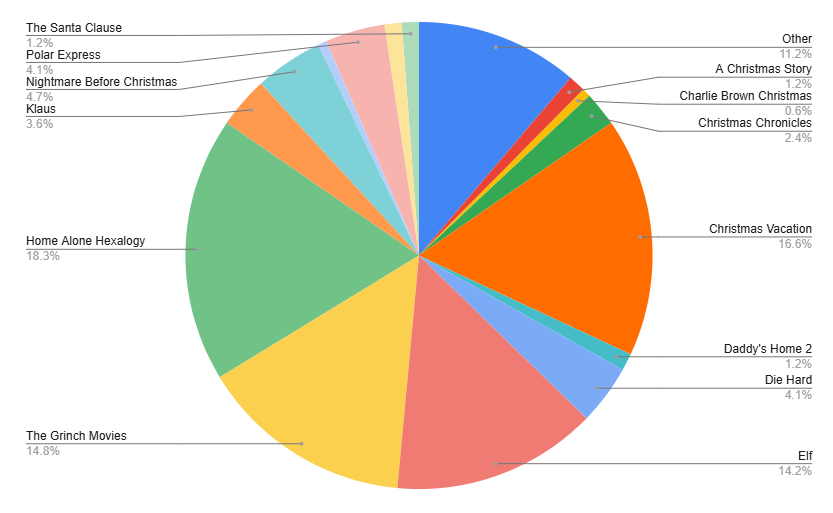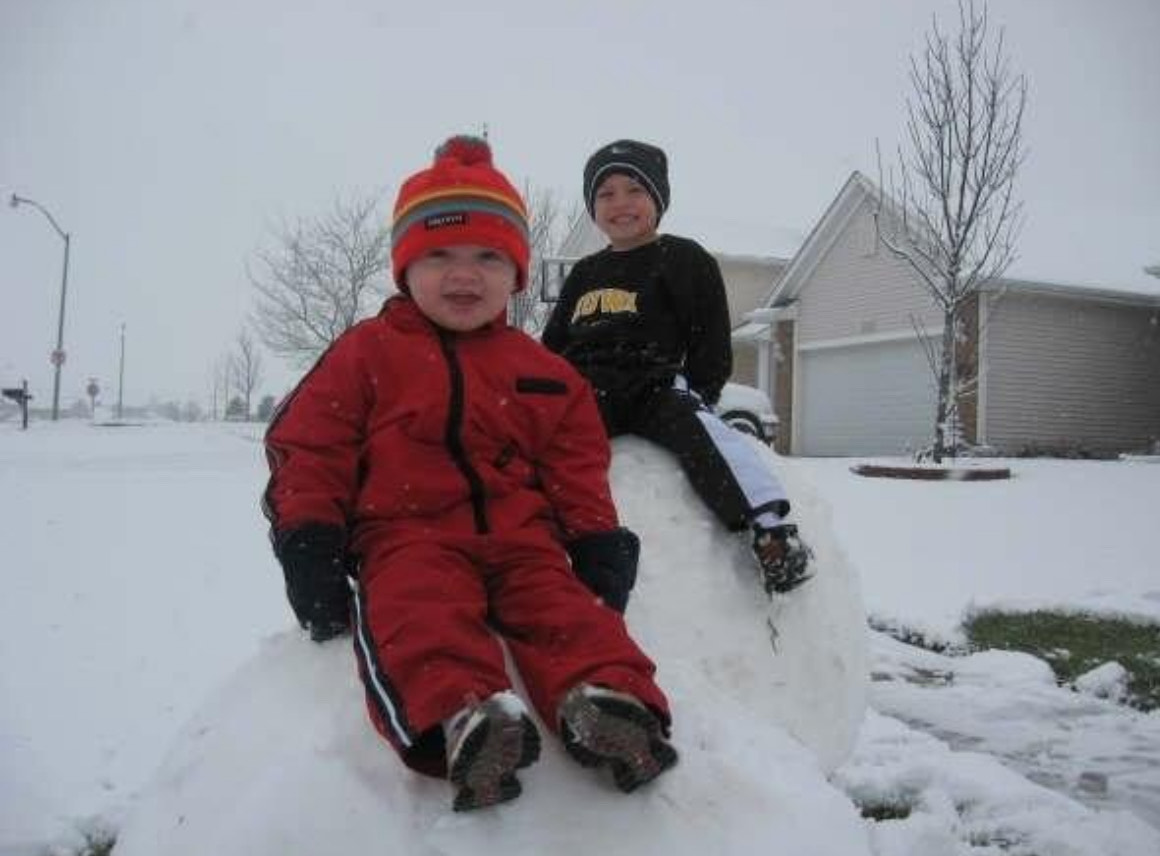The term “burnout” was created by psychologist Herbert Freudenberg in 1974. He defined it as “the extinction of motivation or incentive, especially where one’s devotion to a cause or relationship fails to produce the desired results.” Whether we admit it or not, I believe everybody struggles with burnout at least a couple of times throughout their life. It’s hard, there’s a severe lack of motivation to do anything and you just feel slumped.
Factors that lead to burnout are excessive school work, lack of sleep, poor eating habits, family issues, limited or no physical movement, poor time management and unrealistic goals. Studies have shown that burnout often begins with feeling overwhelmed and stressed, but as you avoid those feelings you begin to become unmotivated towards everything. The physical effects of burnout are serious and can lead to bigger issues. Some of the most common physical symptoms of burnout are exhaustion, fatigue, chronic headaches, stomach issues and gastrointestinal problems.
In a recent interview with Mrs. Gill, an ADM counselor, we discussed how it’s often the holiday season begins that we feel the effects of burnout. She offered some insight on how to avoid a holiday slump and alleviate any burnout you might have already been experiencing.
Keep Your Healthy Habits: Maintaining healthy habits during the holiday season will be one of your best defenses against stress. This means getting enough sleep, eating well and staying physically active.
Be Realistic: The holiday season can be long and full of commitments, from parties to family gatherings and more. To help manage stress, make a list of what you expect from yourself, what others expect from you and your responsibilities for the holidays. Get comfortable with the idea that you don’t have to do everything, nor does everything have to be perfect.
Do Less: The spirit of the season can sometimes lead even the most pragmatic people to overcommit their time. When you’re looking at your calendar or to-do list, be fair to yourself. Decide what’s most important to you, or where you most want to go, and allow yourself to say no to other demands on your time.
Reach Out: Despite what may seem like an influx of social interaction (trips to the mall, attending big family dinners, back-to-back holiday parties), feelings of loneliness and isolation can spike between October and January. Look for new ways to socialize in your community, such as volunteering, or simply reach out to the people you care about and who care about you.
Take a Walk: A winter walk is not only an easy source of exercise when your schedule seems packed, but sunlight offers a feel-good burst of serotonin and can help fight seasonal affective disorder. Furthermore, the rhythm and repetition of walking have a tranquilizing effect, decreasing anxiety and improving sleep.
Make Small Adjustments: The holiday season can seem full of big changes, so focus on little things that can help you relax. For example, take some time away from your mobile phone; disconnecting can provide some much-needed separation from the demands of people in your life, your calendar and your to-do list. Make a point to listen to your favorite music to help relax or cook with more spices, which are associated with triggering endorphins. Small adjustments that won’t make or break your routine can be the little added boost you need to bring joy back to the holiday season.












